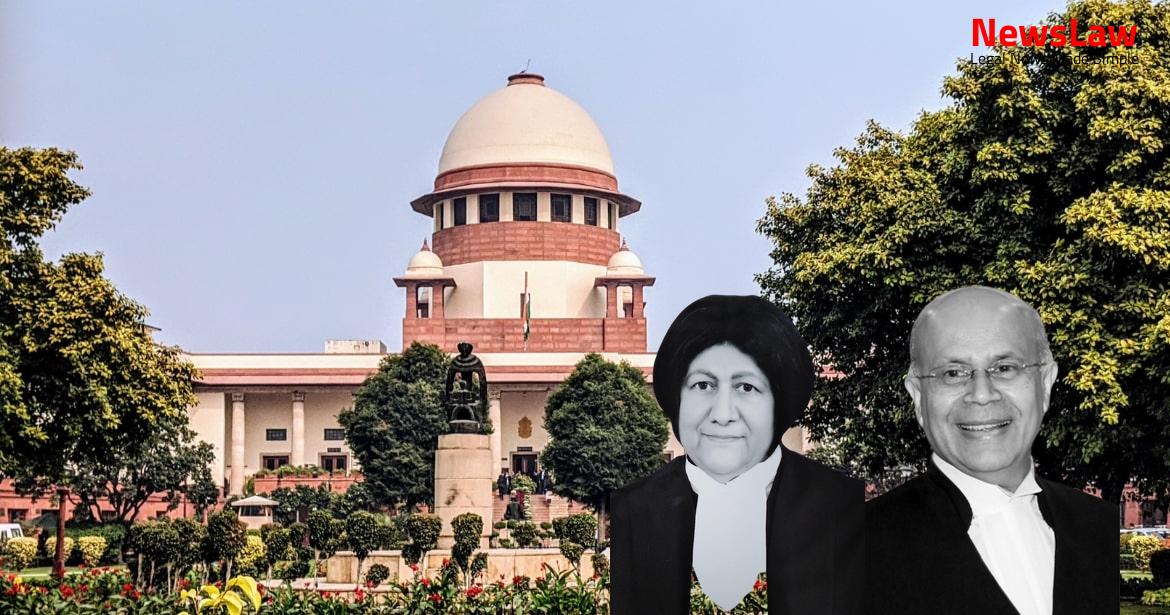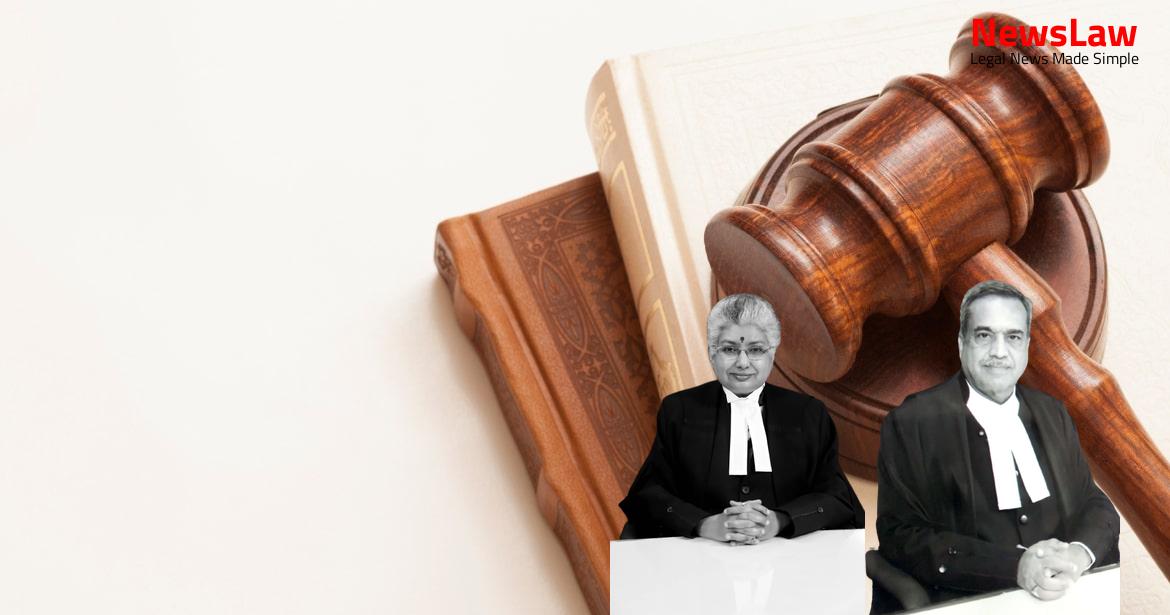The High Court’s detailed legal analysis in a recent case emphasizing guarantor protection sheds light on the judicial considerations that go into such matters. The court’s focus on the unique circumstances of the case, constitutional rights, and implications of property seizure for guarantors showcase the depth of legal scrutiny applied. This case underscores the importance of ensuring justice is served while upholding legal principles, particularly in scenarios where rights of guarantors are at stake.
Facts
- The Civil Revision Petition filed by the respondent No. 1 was allowed by the High Court on 02.08.2018.
- The impugned order in EA No 208 of 2010 in E.P. No. 21 of 2003 was set aside.
- The auction sale dated 04.03.2010 was also set aside.
- The respondent/guarantor was directed to deposit the auction sale amount of Rs. 1,77,000/- with interest within two weeks.
- The auction purchaser was entitled to claim the amount by making necessary application before the Executing Court.
- Orders were directed to be passed for proclaiming and cancelling the sale certificate issued to the auction purchaser.
- The Executing Court was directed to complete the necessary actions within two weeks of the deposit.
- The respondent was entitled to apply for a refund of the amount deposited by the auction purchaser.
- The application for refund was to be decided by the Executing Court within two months after notice to all parties involved.
- The application was filed under Section 151 CPC in addition to other provisions.
- Inherent powers should have been invoked as the entire amount due was paid and the respondent was a guarantor, not the borrower.
- The High Court acknowledged the constitutional right to property, emphasizing that it should not be infringed upon.
- The Civil Revision Petition was allowed by the High Court due to the circumstances.
- Significant injury would be caused to the guarantor if their property was seized.
- The High Court identified the situation as a case of real fraud by the borrower, leading to the guarantor losing their property and seeking relief from the court.
Also Read: Legal Analysis of Eviction Notice Requirement in Rent Control Act Case
Analysis
- The High Court considered the contentions of both parties.
- Highlighted the importance of examining the facts and circumstances of the case before applying legal provisions.
- Noted that respondent No. 1 was a guarantor, not a borrower, and had cleared the entire due amount with the Chits Company.
- Emphasized that the Execution Court did not consider the issuance of a no-dues certificate and the settlement of dues by respondent No. 1.
- Stated that the confirmation of the auction was not justified as the Revision was filed promptly after the auction and all dues were settled.
- The High Court did not interfere with the view taken by the Revisional Court regarding non-compliance of Order XXI Rule 89 CPC.
- The view taken by the High Court was deemed appropriate in the peculiar facts and circumstances of the case.
- The appellant’s submission was based on the dismissal of the Revision of respondent No. 1 due to non-compliance of Order XXI Rule 89 CPC.
- The High Court extensively analyzed the question and concluded that substantial justice had been served between the parties.
- The Civil Revision Petition was allowed with specific directions based on the unique circumstances of the case.
Also Read: Legal Analysis of Arbitration Award Enforcement
Decision
- The Civil Appeal has been dismissed.
- The question of law is kept open for further consideration.
Also Read: Extension of Limitation Period in Legal Proceedings
Case Title: PAUL Vs. T. MOHAN (2020 INSC 356)
Case Number: C.A. No.-006146-006146 / 2019



